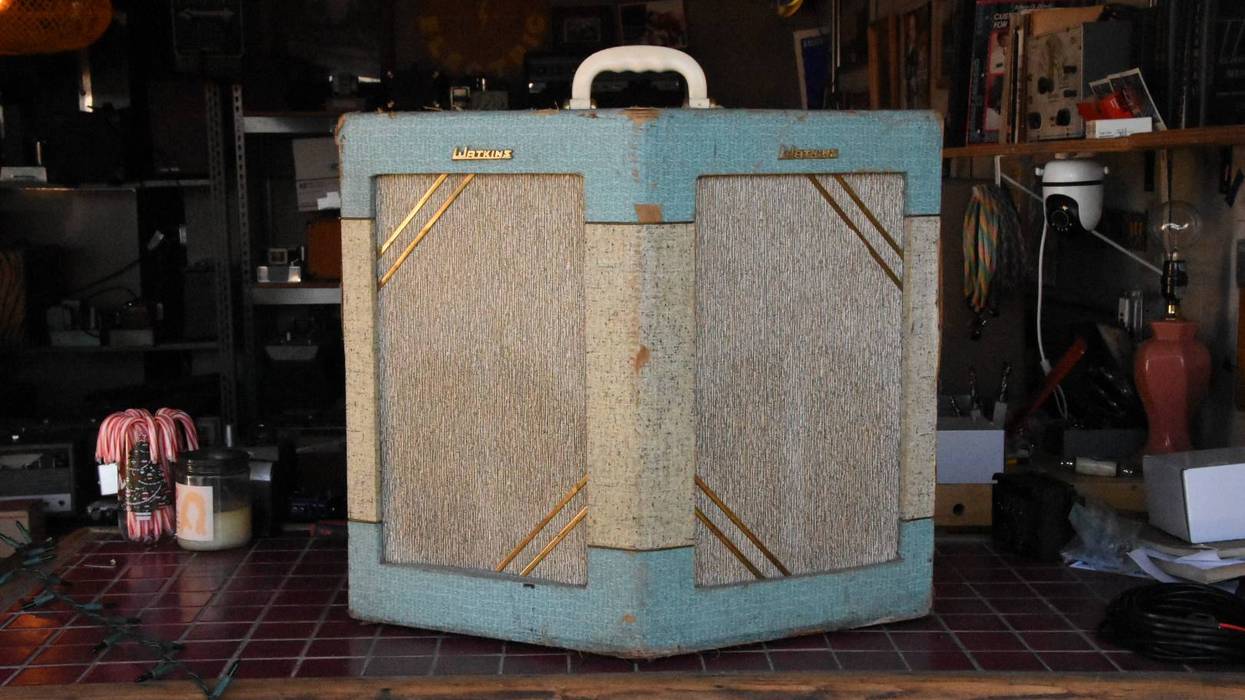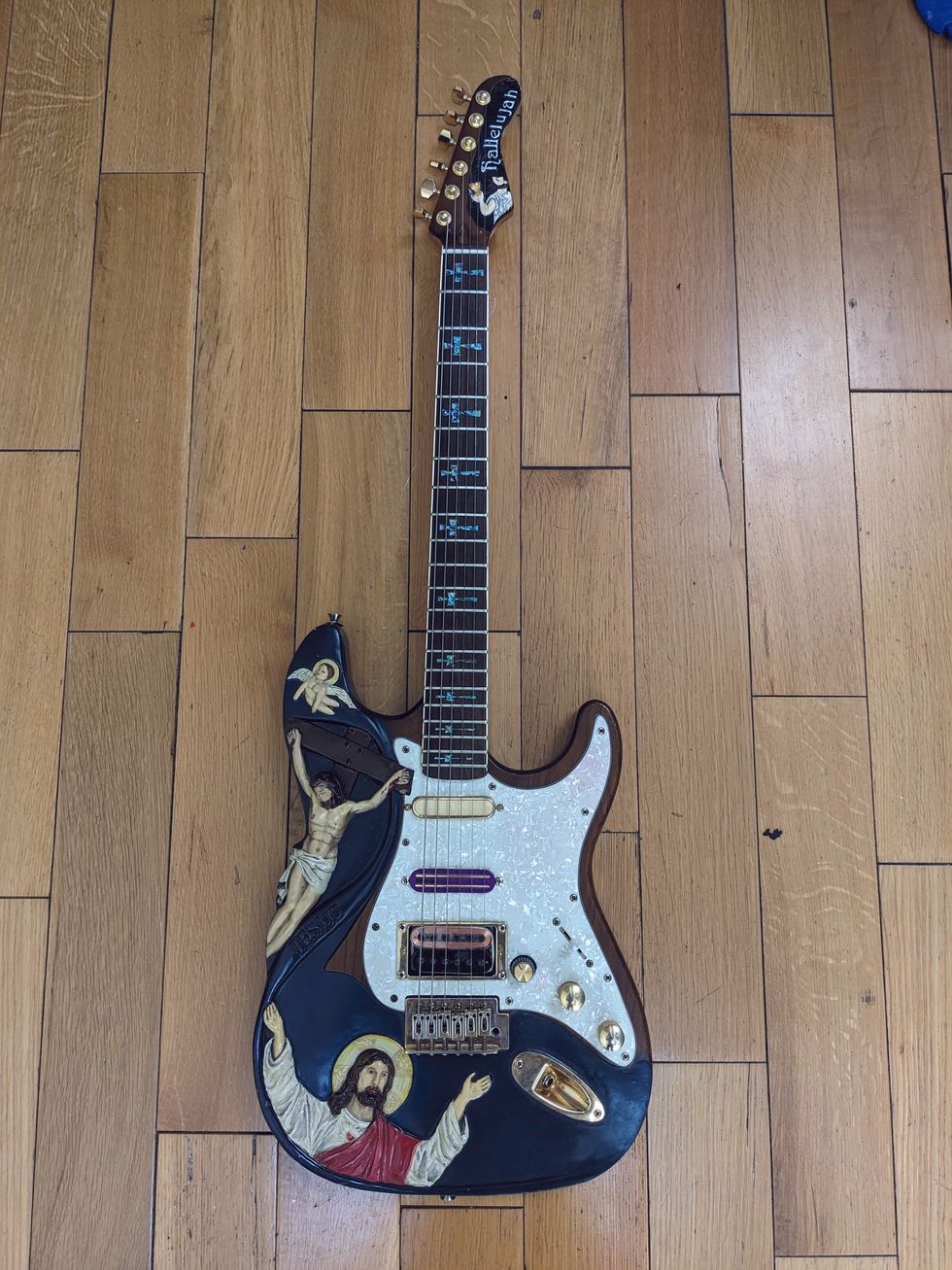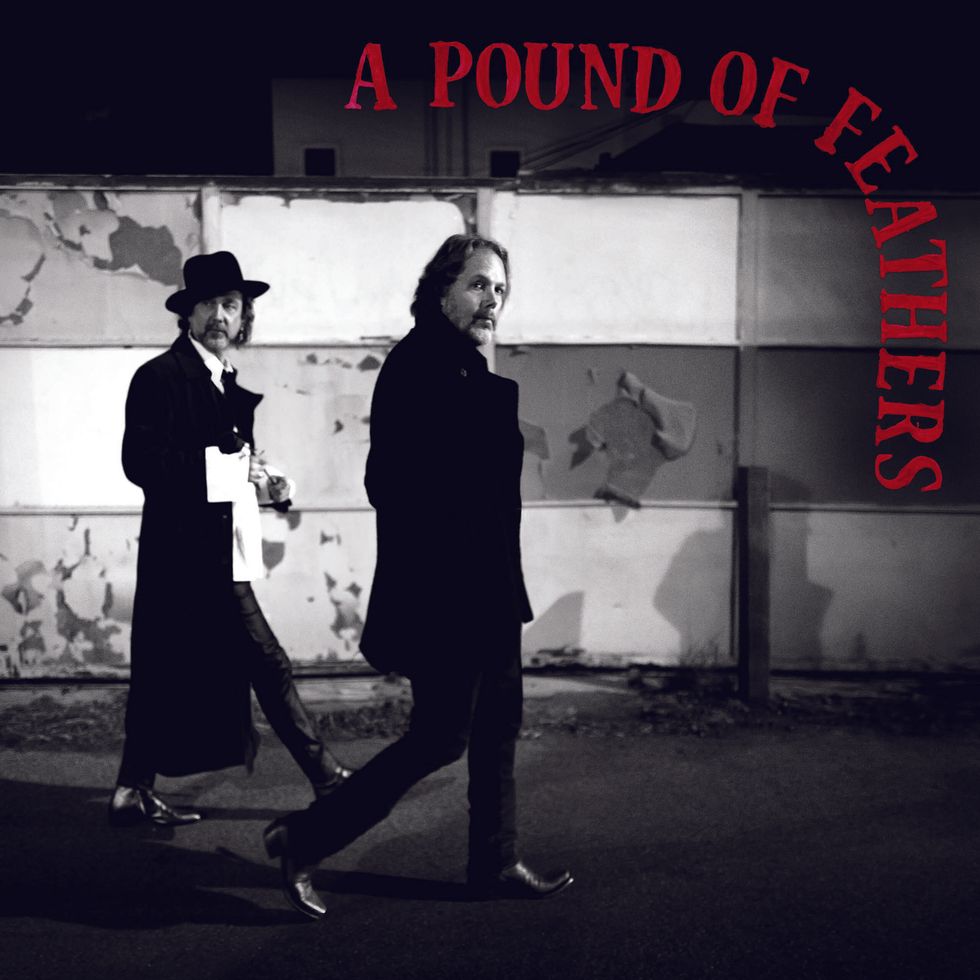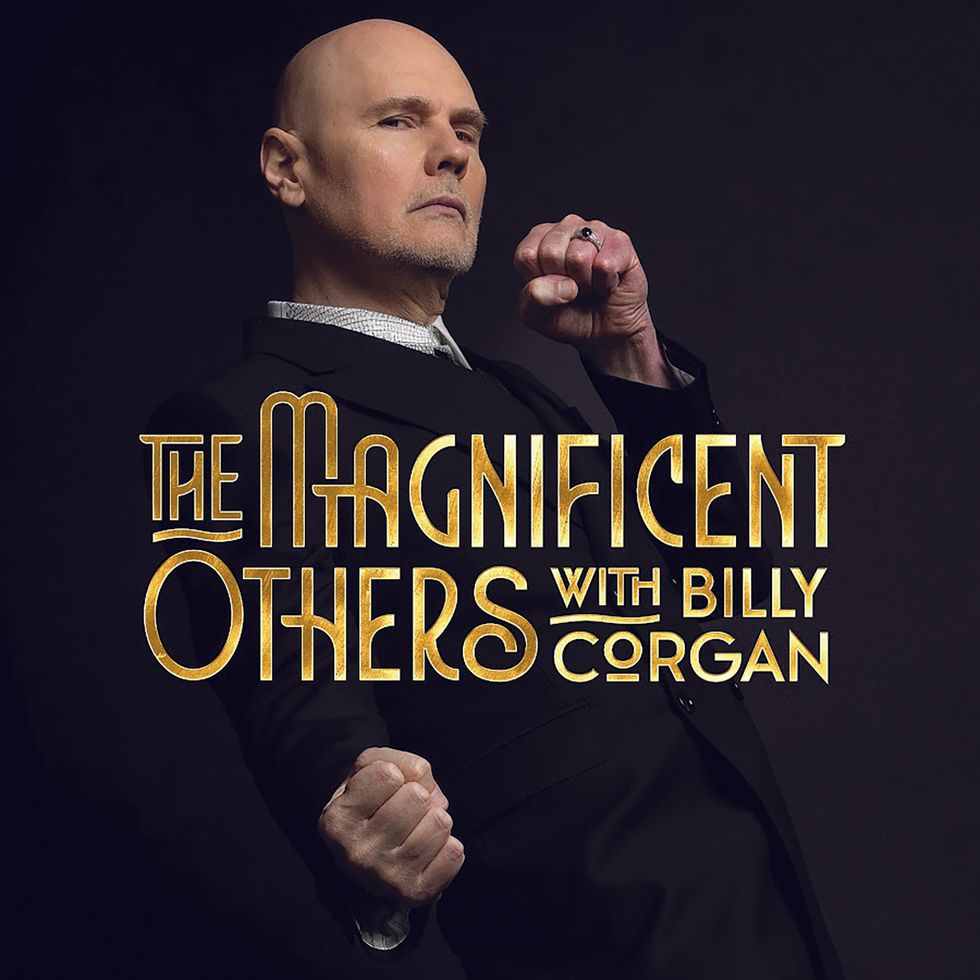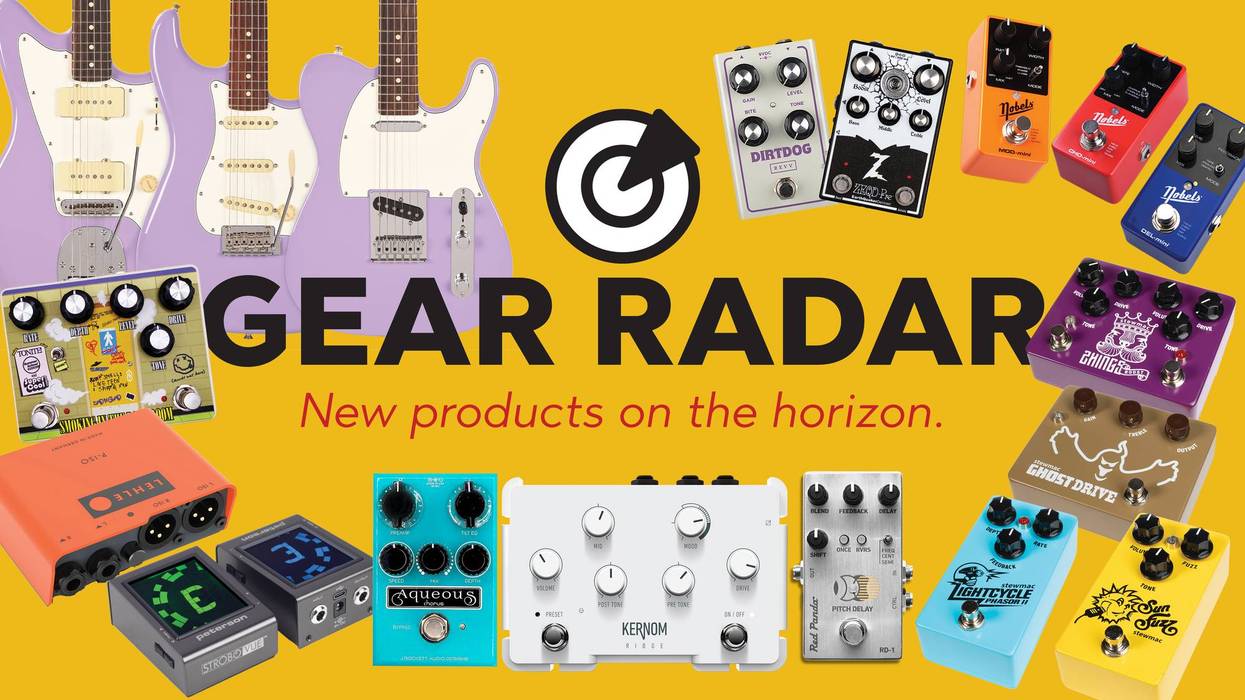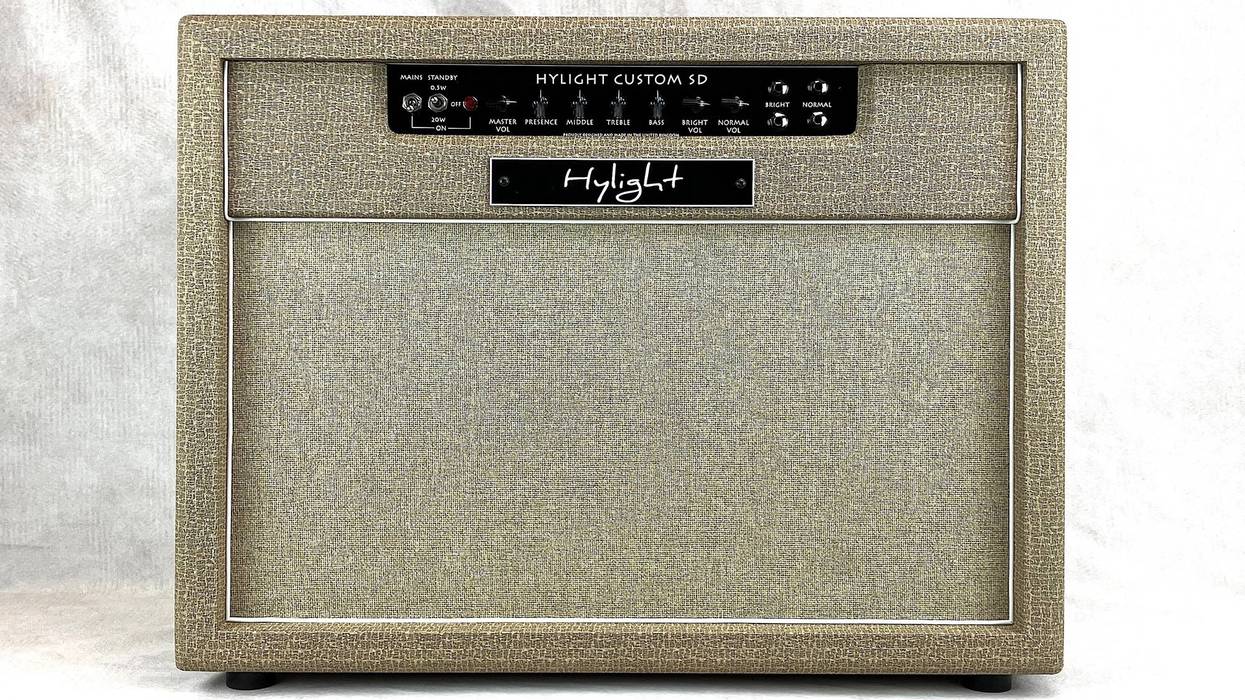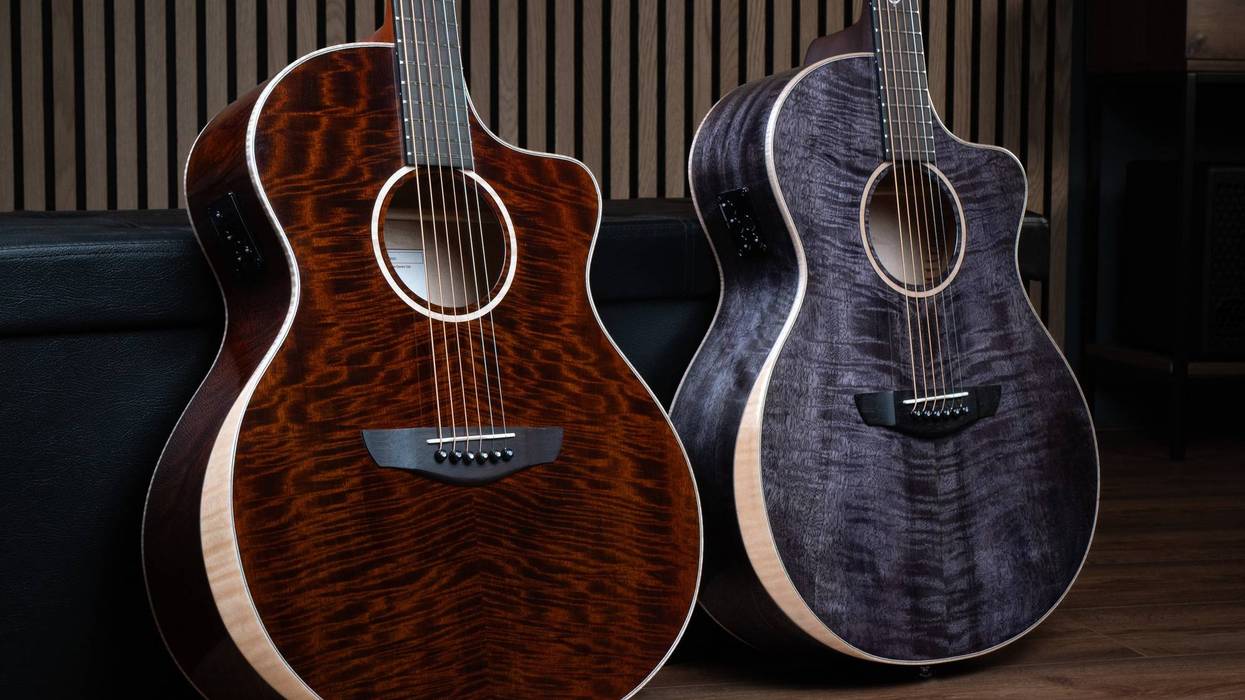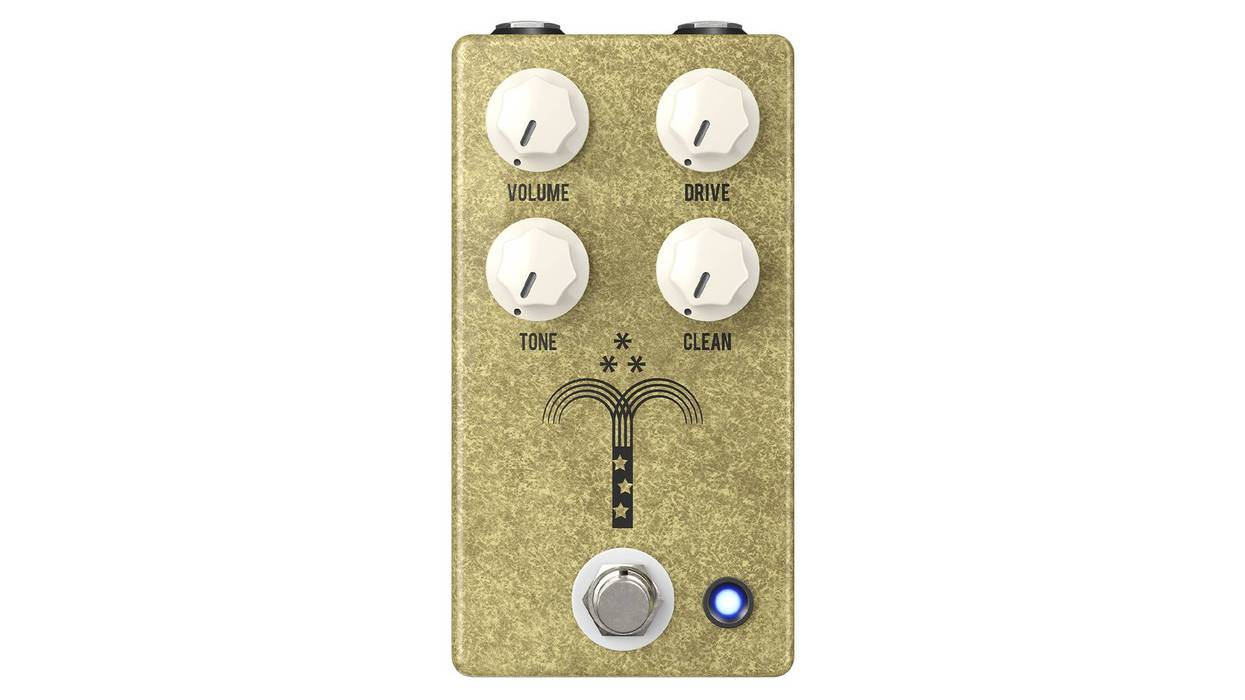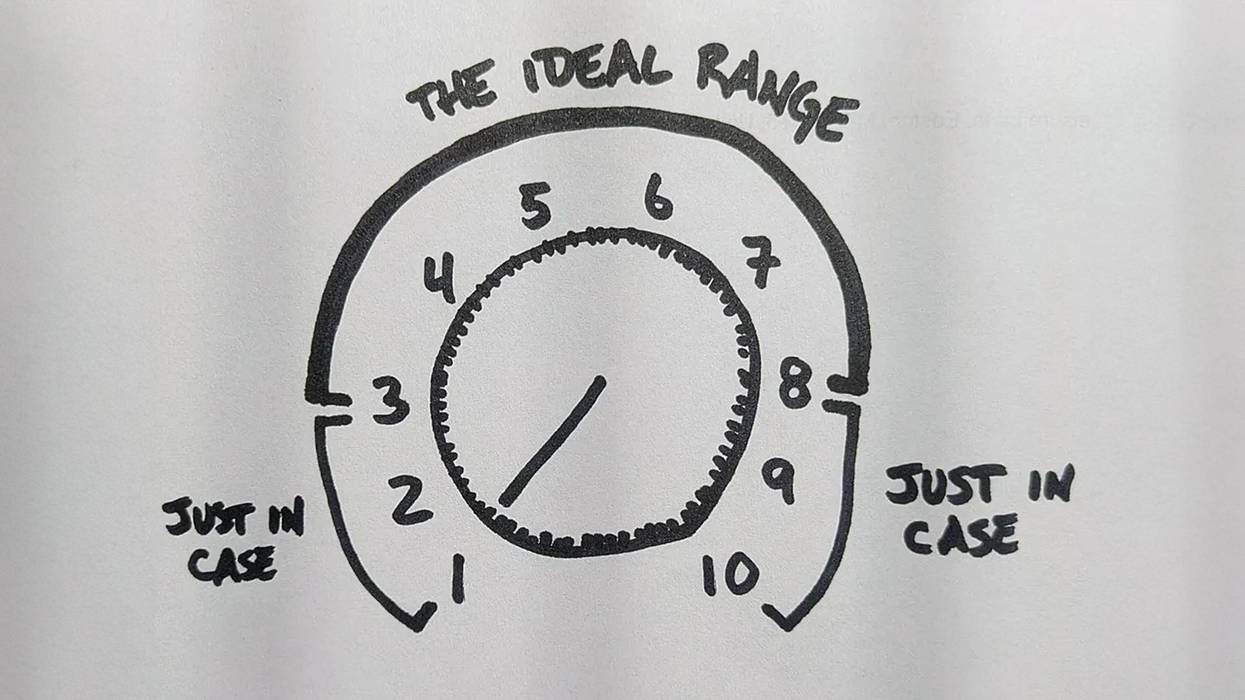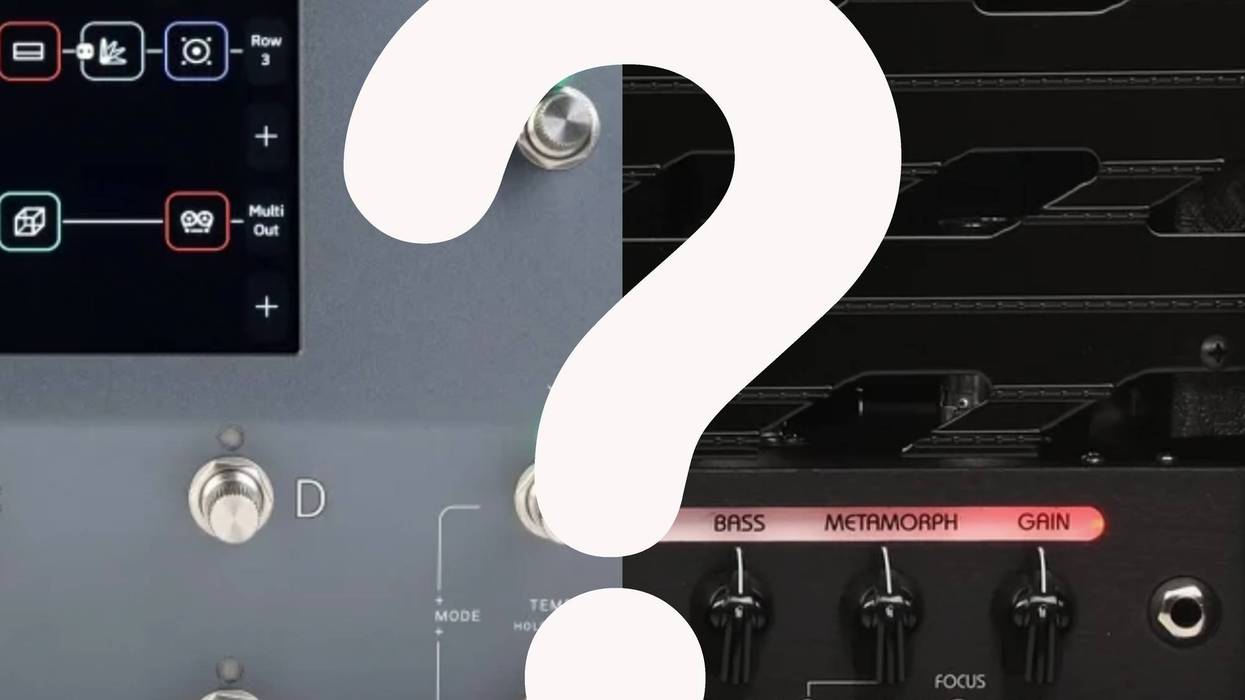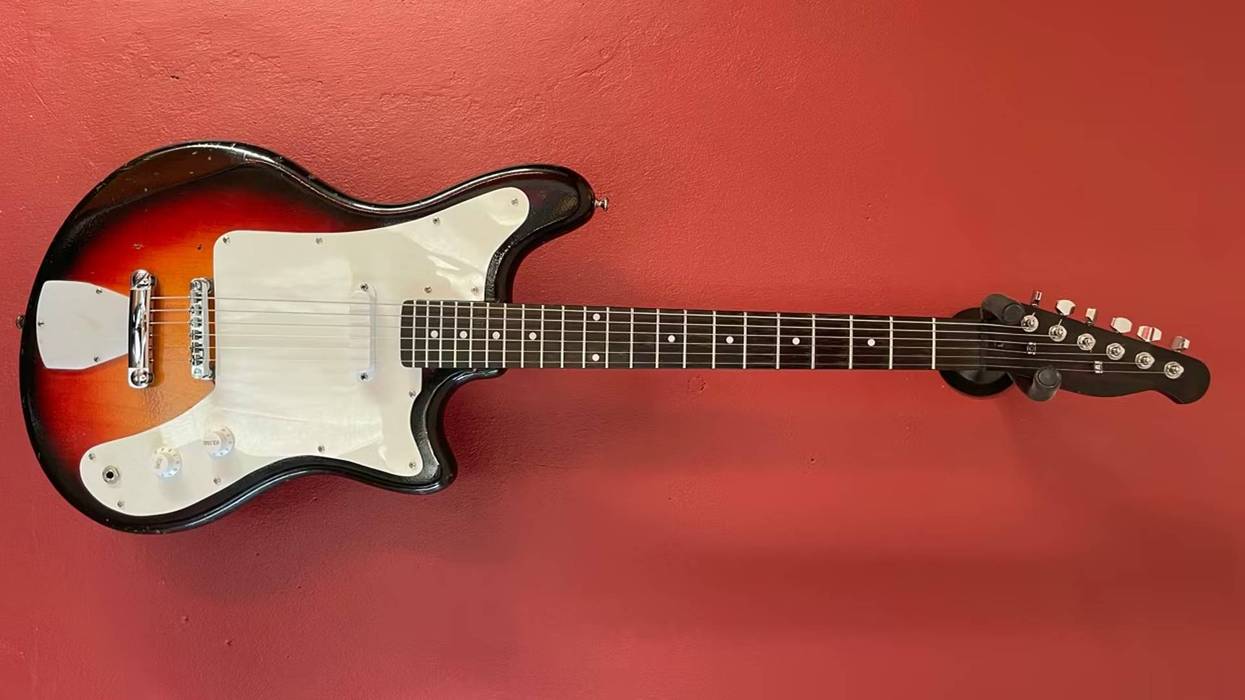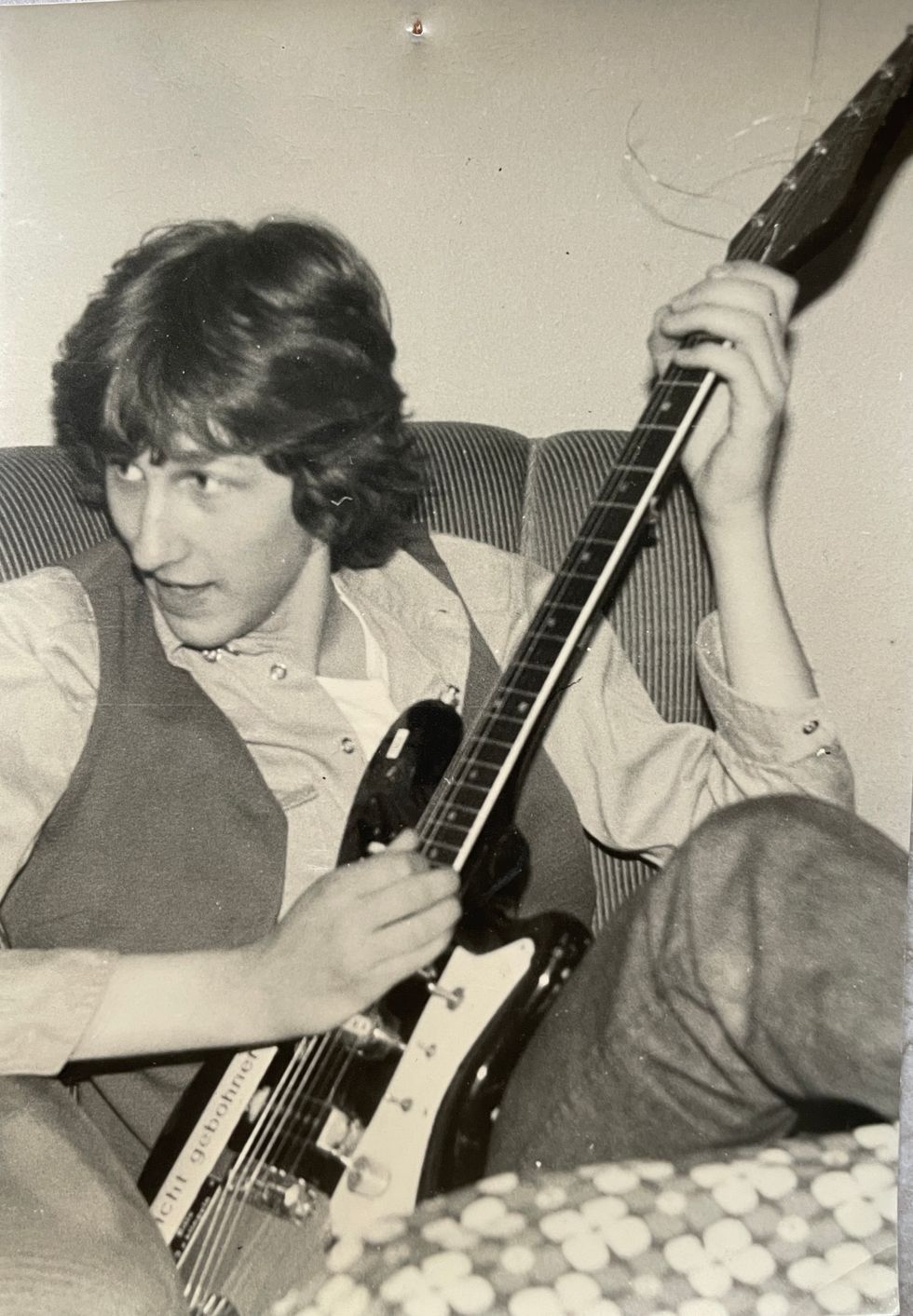Ah, here we are again—serving up another rad issue full of articles that help you modify your guitars so they can take you to new realms of expression and gratification. Based on the feedback we get from you guys, as well as the photos you send us (see our Readers Hot Rod gallery here), you’ve got an utterly insatiable appetite for gear projects.
Most of us decide on some new modification to get a sound we hear in our head, or recreate an amazing sonic experience we heard somewhere else. Then there are the mods that make our guitar more efficient, stable, and easy to play—aka the boring (though often necessary) mods.
But there are a couple of other types of mods that are at least as valuable as a new set of pickups, locking tuners, or a phase switch. In fact, for those who value musical evolution and richness—both on a very personal level and in terms of the wider music universe—these types of mods may be the coolest, most necessary of all. And possibly the least considered.
The first oft-overlooked type of mod is one that pushes you outside your comfort zone—one that challenges you and disrupts your routine. Sure, a little bit of routine can help you master a concept or technique, but too much is the foul, bitter enemy of the spontaneity that fuels many of music’s most shining moments.
Admittedly, these gear challenges are scarier to undertake than, say, hunting down pickups that give your axe authentic PAF tone. When we plunk down our hard-earned cash, we don’t want to do it for naught or for something without guaranteed results. But consider that A) these “mods” don’t have to be expensive, and B) they don’t have to be totally wack. They can be just about anything: One player’s routine-busting mod will be another’s everyday routine to break.
Never play with a capo because you think it’s the sole purview of strummy-strum-strum singer-songwriters or dainty fingerpickers? Think again—it can bust open the door to new riffs, textures, melodies, and chords. Do slides turn your stomach with visions of rote blues or Southern-rock licks? Don one and show the world how to bust down some barriers. Flatwound strings seem destined to turn your metal-man ass into a grouchy ol’ potbellied jazzer? Prove your mettle, man—slap ’em on a spare axe and bust some heads with the surprising new possibilities! Always play in standard tuning? Tune down or up a whole step or two, buy a baritone, or mess around with your tuners and come up with off-the-wall combinations. Hate a particular type of effect? Consider it your mission to figure out how to bend that arrogant little bastard’s possibilities to your will—defeat is not an option!
The other type of mod that’s crucial to developing as a player doesn’t necessarily involve gear—it’s in your head. It’s an attitude mod. We all fight it, just from different angles. We all know exactly what we like and hate. We’ve all got our little niches of preciousness and our pet peeves—dismissive prejudices with rationales we deem watertight.
The thing is, you’re screwed by this elitist attitude no matter where you fall on the spectrum. This includes traditionalists who universally condemn “new rock” (whatever that means), constantly tear down other players’ chops, and only seem to dig classic rock, Chicago blues, ’59 Les Pauls, and plexi Marshalls. And you’re not immune if you’re a snobby “hipster” (can we just kill that word already—please?) who can’t like anything that someone else has heard of and has to be contrarian about everything from note choice to brand preferences. The fact is, you can’t really name a player or band or piece of gear that blew the minds of a significant number of people without pinpointing someone who refused to be confined by barriers and preconceptions.
There will always be crap products for gullible buyers, and we’ll always have derivative music in every style imaginable. But the moment you refuse to give something a chance before putting it in the not-for-me pile is also the point at which you say elitism and stagnancy are your bag. Mod on, my friends!




